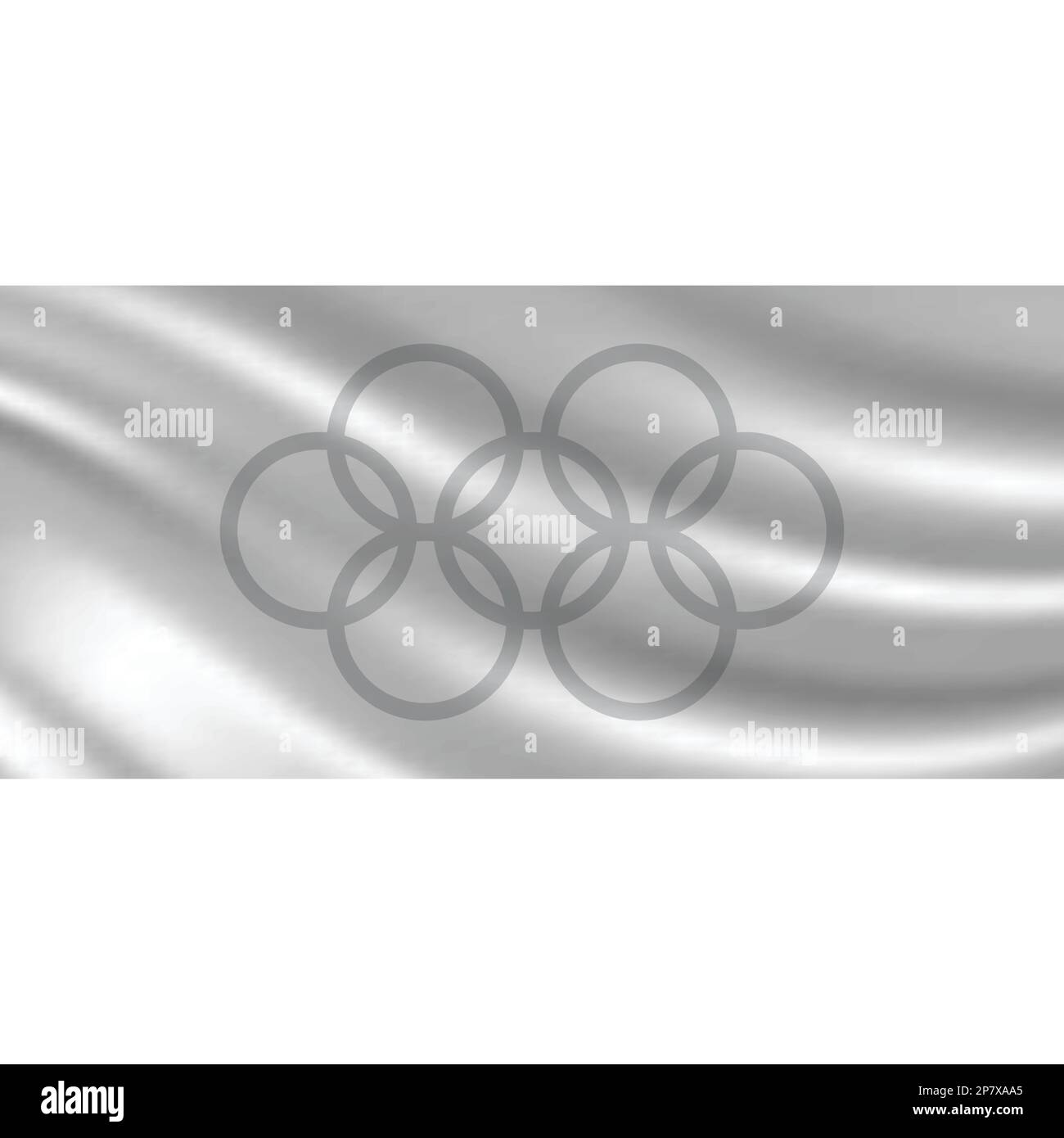Let’s talk about something that might sound weird but is super important when it comes to relationships: the white flag. Now, we all know what a white flag means in war—it’s like, “Hey, we’re done fighting, let’s stop this madness.” But in a relationship, what does it signify? Is it a sign of weakness, or is it actually a powerful way to say, “I care enough to make things right”? Let’s dive into this and figure out why the white flag could be your relationship’s best friend.
Relationships are like roller coasters—full of ups and downs, twists and turns. And sometimes, those turns can get pretty bumpy. Arguments happen, emotions run high, and before you know it, you’re in the middle of a full-blown war. But here’s the thing: no one wins in a relationship war. That’s where the white flag comes in. It’s not about giving up; it’s about choosing peace over pride.
So, if you’re wondering, “What is a white flag in a relationship?” you’re in the right place. We’re going to break it down for you, talk about why it’s important, and how you can use it to strengthen your bond with your partner. Buckle up, because this is going to be a real eye-opener.
- Social Structure Of Mesopotamia A Deep Dive Into The Ancient Civilizationrsquos Hierarchy
- Unveiling The Legacy Of William Bumpus Sr A Journey Through Time
Understanding the White Flag in Relationships
Let’s start with the basics. A white flag in a relationship is basically a metaphorical signal that says, “I’m willing to stop fighting and work things out.” It’s not about admitting defeat or saying you’re wrong—it’s about prioritizing the relationship over the argument. It’s a gesture of humility and a commitment to resolving conflicts in a healthy way.
Why Does the White Flag Matter?
Think about it: how many times have you and your partner gotten into an argument that spiraled out of control? Maybe it started with something small, like forgetting to take out the trash, but then it turned into a full-blown battle about everything under the sun. That’s where the white flag comes in—it’s a way to hit the pause button before things get out of hand.
- It shows that you value the relationship more than the argument.
- It prevents unnecessary escalation of conflicts.
- It opens the door to communication and understanding.
When you raise the white flag, you’re saying, “Let’s stop this madness and figure out how to move forward together.” And trust me, that’s a powerful message.
- Heartfelt Thank You Valentine Messages That Will Melt Their Heart
- Confident Captions For Instagram Boost Your Game And Captivate Your Audience
The Psychology Behind the White Flag
Now, let’s talk about the psychology behind this whole thing. When you raise the white flag in a relationship, you’re tapping into some pretty deep emotional stuff. You’re showing vulnerability, which is a key ingredient in building trust and intimacy. It’s not easy to admit that you’re willing to step back and reassess, but that’s exactly what makes it so powerful.
How Vulnerability Strengthens Relationships
Vulnerability might sound scary, but it’s actually one of the most beautiful things you can bring to a relationship. When you’re vulnerable with your partner, you’re saying, “I trust you enough to show you my softer side.” And when both partners are willing to be vulnerable, it creates a deeper connection that’s hard to break.
- Vulnerability builds trust.
- It encourages open communication.
- It helps partners understand each other on a deeper level.
So, the next time you’re tempted to dig your heels in during an argument, think about what raising the white flag could do for your relationship. It might just be the key to unlocking a whole new level of intimacy.
When Should You Raise the White Flag?
This is a big question, and the answer isn’t always black and white. Sometimes, it’s obvious when you need to raise the white flag—like when an argument is getting way too heated. But other times, it might not be so clear. Here are some signs that it’s time to wave that flag:
- You’re both feeling emotionally drained.
- The argument is going in circles and no one is listening.
- You realize that the issue at hand isn’t worth damaging your relationship over.
Remember, the white flag isn’t about giving up—it’s about choosing to fight for your relationship instead of against each other. It’s about saying, “Let’s take a step back and figure this out together.”
How to Raise the White Flag Gracefully
Raising the white flag isn’t always easy, but there are ways to do it that make it feel less like surrender and more like a gesture of love. Here are some tips:
Communicate Your Intentions
When you raise the white flag, it’s important to communicate why you’re doing it. You don’t want your partner to think you’re just giving up or that you don’t care about the issue at hand. Instead, say something like, “I love you too much to let this argument destroy what we have. Let’s take a break and talk about this later when we’re both calmer.”
Be Honest About Your Feelings
Sometimes, the best way to raise the white flag is to be honest about how you’re feeling. If you’re feeling overwhelmed or emotionally drained, say so. Your partner will appreciate your honesty, and it might help them see things from your perspective.
Common Misconceptions About the White Flag
There are a lot of myths out there about what raising the white flag means in a relationship. Let’s clear some of them up:
Myth 1: Raising the White Flag Means You’re Weak
This couldn’t be further from the truth. Raising the white flag takes a lot of strength and courage. It’s not about backing down; it’s about choosing to prioritize your relationship over your ego.
Myth 2: It Means You’re Admitting You’re Wrong
Raising the white flag doesn’t mean you’re admitting defeat or that you’re wrong. It simply means you’re willing to take a step back and reassess the situation. Sometimes, both partners are wrong—or right—in different ways. The white flag gives you the space to figure that out together.
The Benefits of Raising the White Flag
Now that we’ve talked about what the white flag is and why it matters, let’s talk about the benefits. Here’s why raising the white flag can be a game-changer for your relationship:
- It prevents unnecessary damage to your relationship.
- It promotes healthy communication and conflict resolution.
- It strengthens trust and intimacy.
- It shows that you’re willing to put in the work to make your relationship thrive.
When you raise the white flag, you’re not just stopping an argument—you’re planting the seeds for a healthier, happier relationship. And who wouldn’t want that?
Real-Life Examples of the White Flag in Action
Let’s look at some real-life examples of how raising the white flag can transform a relationship:
Example 1: The Money Argument
Let’s say you and your partner are arguing about money. It’s a sensitive topic, and emotions are running high. Instead of letting the argument escalate, one of you raises the white flag and says, “Let’s take a break and talk about this later when we’re both calm.” This gives you both time to cool off and approach the issue with a clearer head.
Example 2: The Silent Treatment
Sometimes, arguments lead to the silent treatment, which can be just as damaging as yelling. In this case, raising the white flag might look like saying, “I know we’re both upset, but I don’t want to lose you over this. Let’s talk about how we can work this out.” It’s a powerful way to break the silence and reconnect with your partner.
How to Encourage Your Partner to Raise the White Flag
Sometimes, it’s not just about you raising the white flag—it’s about encouraging your partner to do the same. Here’s how you can make that happen:
- Be a role model. If you raise the white flag first, your partner might be more likely to follow suit.
- Communicate openly. Let your partner know that you’re willing to work things out together.
- Be patient. Sometimes, it takes time for someone to be ready to raise the white flag. Give them space to process their emotions.
Remember, the goal isn’t to “win” the argument—it’s to strengthen your relationship. Encouraging your partner to raise the white flag is a way to show that you’re both on the same team.
Conclusion: Embrace the White Flag for a Stronger Relationship
So, there you have it—the white flag in a relationship isn’t about giving up; it’s about choosing to fight for your relationship instead of against each other. It’s about vulnerability, communication, and a commitment to making things right. And let’s be real: who doesn’t want that?
Now, here’s your call to action: the next time you’re in the middle of an argument, think about what raising the white flag could do for your relationship. Take a step back, breathe, and choose peace over pride. Your relationship will thank you for it.
And don’t forget to share this article with your friends or leave a comment below. Let’s start a conversation about how the white flag can transform relationships. Because at the end of the day, love should always win.
Table of Contents
- Understanding the White Flag in Relationships
- The Psychology Behind the White Flag
- When Should You Raise the White Flag?
- How to Raise the White Flag Gracefully
- Common Misconceptions About the White Flag
- The Benefits of Raising the White Flag
- Real-Life Examples of the White Flag in Action
- How to Encourage Your Partner to Raise the White Flag
- Conclusion: Embrace the White Flag for a Stronger Relationship



Detail Author:
- Name : Retha Spencer III
- Username : jannie.sporer
- Email : rice.troy@hotmail.com
- Birthdate : 2002-10-16
- Address : 38053 Cory Fall Rosenbaumchester, TX 06646
- Phone : +1-475-880-3380
- Company : Nienow, Wolf and Marvin
- Job : Respiratory Therapist
- Bio : Necessitatibus in aut et odit unde quo est dolores. Rerum esse fugit illo itaque. Rerum architecto sed tempore.
Socials
tiktok:
- url : https://tiktok.com/@antoniettabruen
- username : antoniettabruen
- bio : Et qui qui sit. Sit maxime distinctio asperiores facere vel ratione.
- followers : 5737
- following : 504
instagram:
- url : https://instagram.com/abruen
- username : abruen
- bio : Harum incidunt aspernatur delectus sequi et sunt. Mollitia qui voluptate esse eaque vel unde.
- followers : 2599
- following : 180
facebook:
- url : https://facebook.com/antonietta.bruen
- username : antonietta.bruen
- bio : Sit dolores et dolore consequatur.
- followers : 1988
- following : 1210
twitter:
- url : https://twitter.com/abruen
- username : abruen
- bio : Nisi quae aspernatur consequatur quia omnis omnis. Earum non qui eum. Rerum et sunt delectus autem repudiandae.
- followers : 3183
- following : 1647
linkedin:
- url : https://linkedin.com/in/abruen
- username : abruen
- bio : Expedita magnam quasi et quisquam dolorem.
- followers : 5605
- following : 864